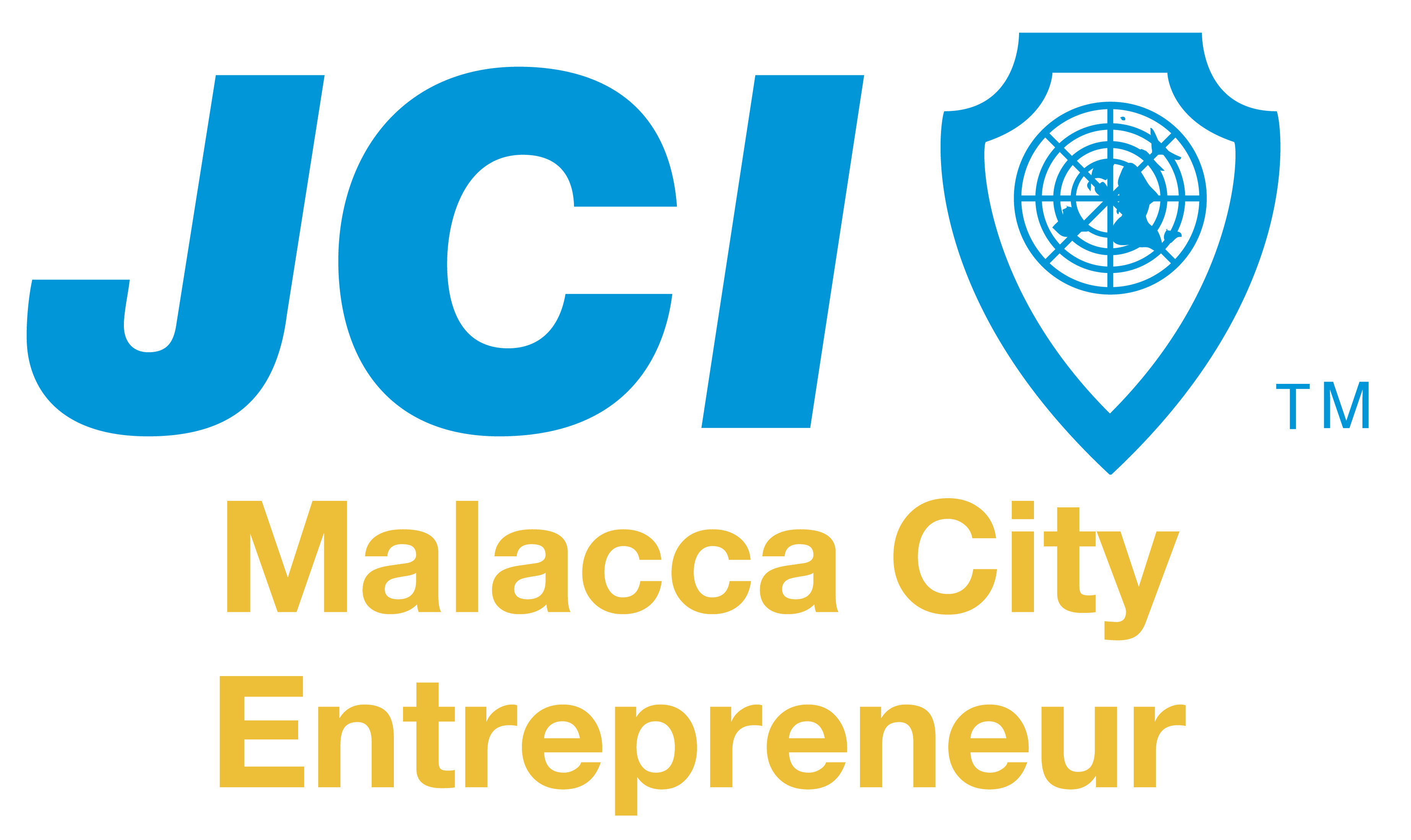
Junior Chamber International (JCI) is a global nonprofit, non-governmental organization (NGO) dedicated to empowering young active citizens to create positive change within themselves, their communities, and the world. It serves as a dynamic platform for young people to develop leadership skills, build global connections, and take meaningful action that drives progress and sustainability.
JCI members are individuals who believe that through collaboration, innovation, and civic responsibility, they can make a lasting difference in society. By combining personal development with community service and international cooperation, JCI nurtures a generation of leaders who are both competent and compassionate.
The origins of JCI date back to 1915 in St. Louis, Missouri, USA, when a visionary young man named Henry Giessenbier Jr. founded the Young Men’s Progressive Civic Association (YMPCA). His goal was simple yet powerful — to provide a platform for young individuals to develop their leadership potential while serving the community.
Five years later, in 1920, this local initiative evolved into the Junior Chamber of Commerce, reflecting its growing focus on leadership and civic engagement. The movement quickly gained traction across the United States and, after World War II, expanded internationally. In 1944, national organizations from the United States, Mexico, Costa Rica, El Salvador, Guatemala, Honduras, Nicaragua, and Panama came together to officially form Junior Chamber International (JCI) — marking the birth of a truly global network of young leaders.
Today, JCI is active in more than 100 countries and territories, with a membership exceeding 200,000 active members and a vast community of millions of alumni and senators who continue to support and guide the movement.
Who Are JCI Members?
JCI members — commonly known as Jaycees — are young active citizens between the ages of 18 and 40. They come from diverse backgrounds, including:
-
Entrepreneurs and business owners driving innovation and economic growth,
-
Professionals and executives striving for excellence in their careers,
-
Community leaders and volunteers dedicated to social progress, and
-
Students and young graduates eager to develop real-world leadership experience.
Despite their diversity, all JCI members are united by a shared vision:
to take action that creates sustainable impact and to develop into responsible, forward-thinking leaders.
The JCI Experience: Growth Through Action
What makes JCI unique is its philosophy of learning by doing. Members don’t just attend seminars — they take initiative, lead projects, manage teams, and solve real-world problems. Every project, from a local charity drive to an international sustainability program, is an opportunity to learn leadership through action.
JCI offers an environment where:
-
Leaders are built, not born — through hands-on experiences.
-
Ideas are transformed into action, creating visible change.
-
Friendships transcend borders, fostering global cooperation.
Members gain access to training and development opportunities in:
-
Public speaking and communication,
-
Strategic planning and project management,
-
Entrepreneurship and business ethics,
-
Civic engagement and international relations, and
-
Personal growth and emotional intelligence.
This comprehensive development approach ensures that every JCI member leaves the organization not only more capable but also more socially responsible and globally aware.
A Global Network of Changemakers
JCI operates through a structured network of Local Organizations (LOs), National Organizations (NOs), and the JCI World Headquarters, based in St. Louis, USA.
This structure enables members to participate at multiple levels:
-
Local – implementing projects and initiatives that directly impact their communities,
-
National – collaborating across chapters within their country to share ideas and resources, and
-
International – connecting globally through JCI Conferences, the JCI World Congress, and leadership academies.
With its worldwide presence, JCI is recognized by international institutions such as the United Nations, UNESCO, and AIESEC as a partner in advancing youth leadership and the Sustainable Development Goals (SDGs).
The Impact of JCI
Throughout its century-long history, JCI has produced countless leaders who went on to become influential figures in business, politics, and community service. Many JCI alumni have served as heads of state, CEOs, social entrepreneurs, and changemakers who credit JCI for shaping their values and leadership abilities.
Each year, JCI members worldwide launch thousands of community projects addressing critical global challenges — from education and health awareness to environmental sustainability and youth empowerment — proving that young people have the power to lead and inspire change at every level.
JCI’s Four Areas of Opportunity
Individual Development
- Encourages personal growth through workshops, training sessions, and mentorship programs.
- Builds soft skills such as leadership, communication, time management, and emotional intelligence.
Community Development
- Members identify local issues and take direct action through impactful projects.
- Focus areas often include health, education, sustainability, and social welfare.
- These projects align with the United Nations Sustainable Development Goals (SDGs).
Business & Entrepreneurship
- Fosters a network of young entrepreneurs and professionals.
- Provides platforms for business exchange, innovation, and ethical leadership.
- Encourages members to develop entrepreneurial mindsets that drive economic progress.
International Cooperation
- Connects members from different nations and cultures through international conferences, twinning programs, and exchange projects.
- Promotes cultural understanding, global citizenship, and collaboration beyond borders.
JCI’s Global Presence
JCI operates through National Organizations and Local Organizations (Local Chapters).
Each chapter carries out community-based initiatives and leadership programs under the global JCI framework.
There are five JCI regions worldwide:
-
JCI Africa and the Middle East
-
JCI Asia and the Pacific
-
JCI Europe
-
JCI the Americas
JCI’s Logo Evolution.

1944 – 1982

1983 – 2003

2004 – Now
![]()
